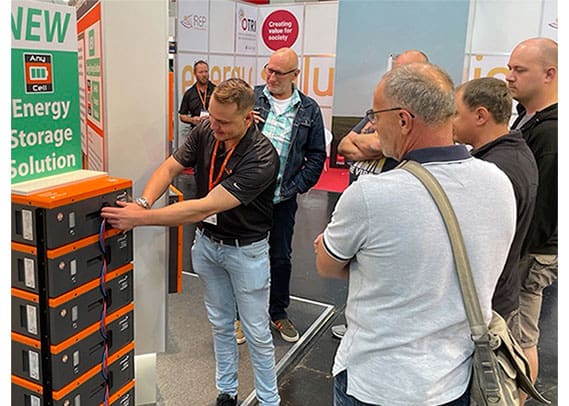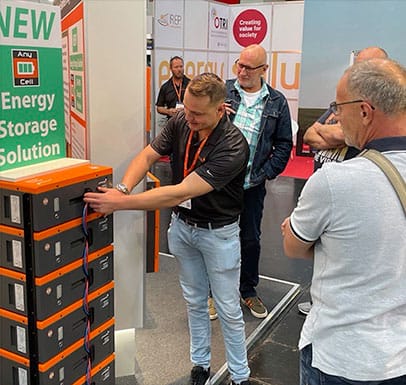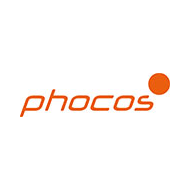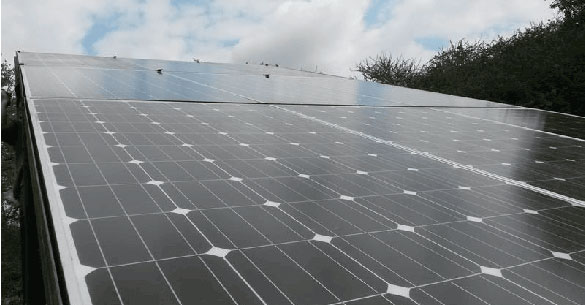
Our installer partner, Elmorex Solar Solutions, explains what remote monitoring means for their solar installation business and for their customers.
When you think about energy access and energy independence solutions globally, there is a lot to consider. Every region, every utility and every customer obviously can have different circumstances and challenges. Whether is it back-up power or a primary source of power, solar power systems are continuing to grow in popularity, to be the right solution. In some situations, a diesel generator or energy storage may work. Often, a combination of these solutions fits best. No matter the system design and configuration, all customers simply want a power solution that works. They want to have consistent, reliable power without frustration and hassle. Access to remote monitoring can play an important role in achieving this goal. Phocos interviewed a local installation company in South Africa (Elmorex Solar Solutions) about remote monitoring. They were kind enough to provide their perspective from the field regarding how remote monitoring can elevate their residential and commercial installation business for off-grid and weak utility grid customers. Their experience with these homeowners and commercial business owners helps them understand how a consumer thinks and what is important to them.
Solar installer explains the end-user customer experience with remote monitoring:
Question (Phocos): How does remote monitoring enhance the end-user experience?
Answer (Installer): Home and business owners often request remote monitoring. After the initial expense of the entire system, the client wants to see how their new investment is performing and options like the Phocos Any-Bridge AB-PLC and PhocosLink Cloud can provide a visual representation of “how the utility bill is being reduced.” In the event there is a fault with the system, the client can provide the installer with more accurate information to assist with fault finding.
Question (Phocos): How does monitoring constant power availability of a back-up system improve the customers’ experience in your service area?
Answer (Installer): In South Africa, building security is a major concern for many people. Knowing the security system has a reliable and constant source of power provides peace of mind. The ability to monitor the system remotely affords the end-user this peace of mind as they can ensure the system is performing correctly and consistently.
Some clients have a PV system installed at a second home. Remote monitoring allows the customer to check that the system is performing correctly while they are away from this second residence as well as ensuring all essential power requirements are met, prior to their arrival.
Question (Phocos): Is there a big advantage to being able to access this system information from, for example, a mobile phone or tablet?
Answer (Installer): Clients often like to show their friends how they are both saving money on their utility bill as well as no longer being concerned about the unreliable utility grid supply many are challenged with on a daily basis. With remote monitoring the end-user can share this information in an easy-to-understand format without having to try and explain how the entire system works. This all helps to reinforce the product recommendations for other end-users that are considering having a solar power system installed. Clients referring friends, family and colleagues, provide us with our highest quality leads, opening the door for new future business.
Solar installer explains their experience designing and installing with remote monitoring:
Question (Phocos): How does remote monitoring functionality assist you, as the installer, in selling reliable power system solutions?
Answer (Installer): As an installer, when discussing a system design with a potential new client, being able to easily show them the remote monitoring for an existing installation increases confidence in the product as they can see a live example of the product in action and working well. With a company like Phocos for example, the fact that the remote monitoring platform is developed by the same company that manufactures the hybrid inverter, also helps to inspire confidence in the company and its products.
Question (Phocos): What is the benefit of being able to monitor your customers’ systems remotely?
Answer (Installer): This provides the client with peace of mind that should anything go wrong with the system, the installer will be able to access the system performance information and diagnose the fault, which in turn reduces the system downtime and maximizes efficiency.
In South Africa, installation sites are often in remote locations with long distances between them. Remote monitoring allows us, as installers, to greatly reduce our traveling time, expense, and frequency of visits to and from sites, which greatly reduces costs. As we can connect to the system via the online portal remotely, in the event of a fault we are able to diagnose the problem and recommend any changes the client may need to make to clear the fault. This increases client confidence in both the elevated service they receive from our installation teams and the product itself.
All of these factors help to improve our company reputation in terms of providing quality products with excellent after sales service which results in increased sales.
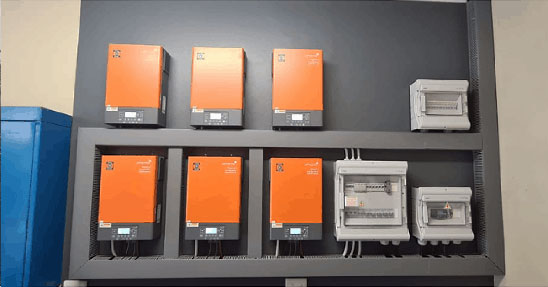
This solar installer’s experience with off-grid and weak utility grid customers is clear. Being able to offer remote monitoring to their clients allows them to provide a better customer experience in so many ways. They are able to offer faster service and solutions if system faults happen, they can help customers save time and money, and they have a platform for a client to have peace of mind to see the system working for themselves. This level of support creates stronger confidence and referrals resulting in more quality leads to help grow their solar installation business.
To learn more about remote monitoring options with Phocos click here. Watch the virtual tour of the PhocosLink Cloud platform here.




